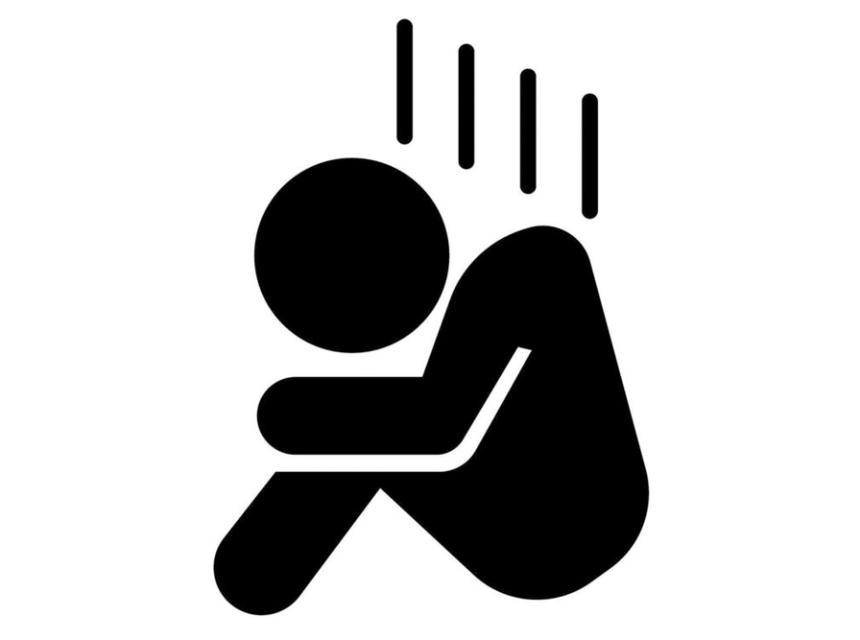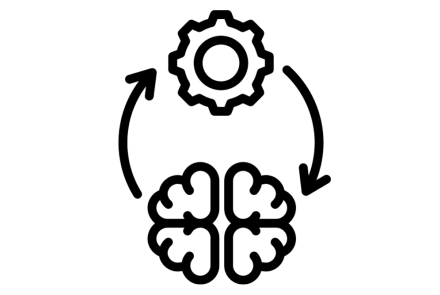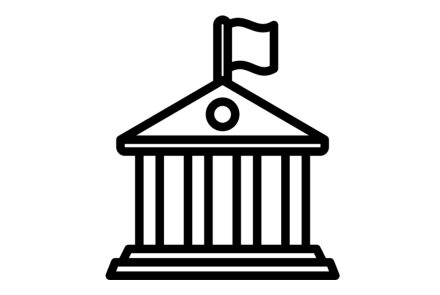The Hidden Wounds of Personal Abuse of Power
Personal abuse of power is one of the most insidious forms of control. It doesn’t come from a title or a badge, but from the emotional, psychological, and relational dynamics between individuals—often in families, romantic relationships, or close friendships. Unlike systemic or institutional abuse, personal abuse of power often hides behind smiles, sweet words, and shared history. It's harder to spot because it’s wrapped in intimacy.
This kind of abuse includes manipulation, gaslighting, financial control, emotional blackmail, and even isolation. A partner may dictate what you wear, who you talk to, or how you spend your time—not out of love, but out of a need to dominate. A family member may guilt-trip you into compliance, using emotional dependence as a weapon. Over time, this kind of control chips away at your sense of self, convincing you that you’re powerless, even when you’re not.
What makes personal abuse so damaging is that it violates trust. When someone who is supposed to love and support you uses that closeness to control or hurt you, the effects are deep. Victims often blame themselves, stay silent, and lose confidence in their judgment.
Breaking free starts with awareness. If you feel constantly drained, fearful, or unsure of your worth around someone, it’s worth asking: is this love—or control? Personal abuse of power doesn’t always leave visible scars, but its emotional wounds run deep. Healing begins by reclaiming your voice, your boundaries, and your right to be treated with respect.






